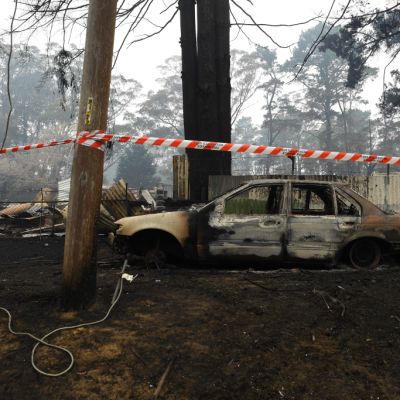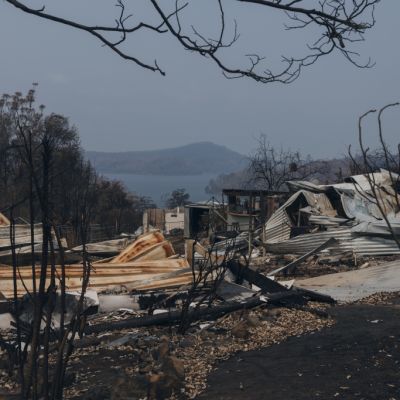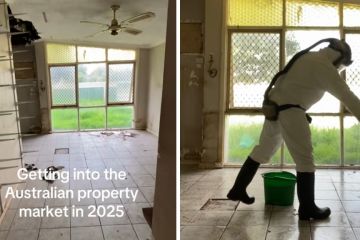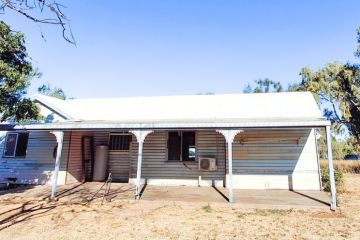Canberra architects rally behind national bushfire initiative and offer free services
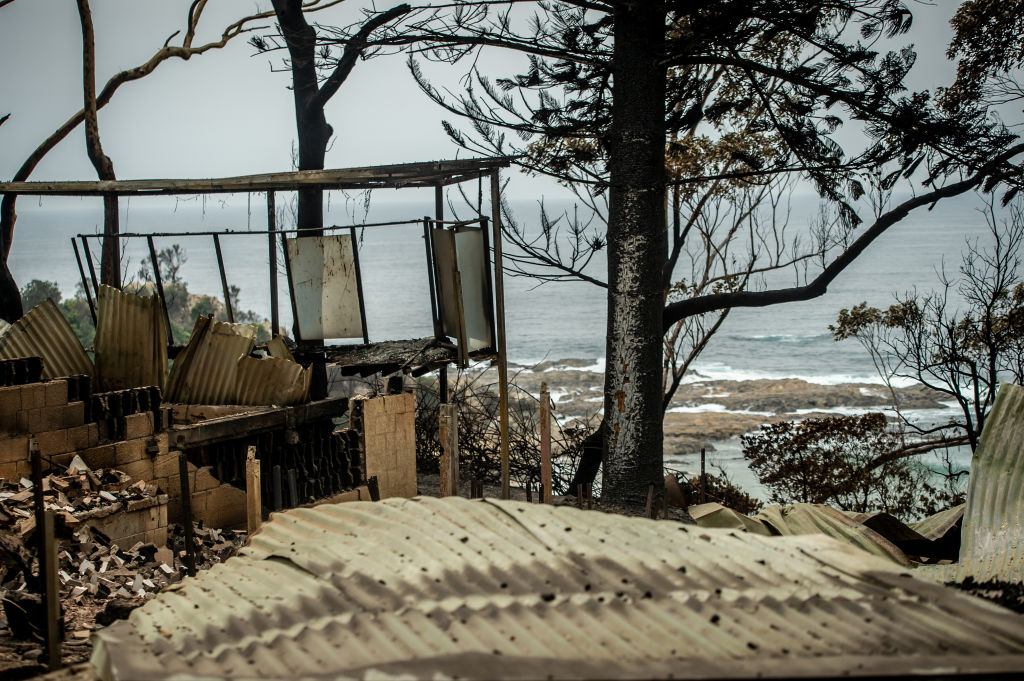
As the bushfires continue to unfold across the country, a number of schemes have been implemented to help affected communities and people rebuild their lives.
The fires claimed thousands of homes and vital infrastructure. In response, the Australian Institute of Architects has set up Architects Assist, an online service where architects can register their interests to provide pro bono services to people who have lost their homes.
Since launching the website on January 4, more than 500 practices have come on board – 16 of which are from the ACT – as well as 1800 architecture students and graduates.
Australian Institute of Architects CEO Julia Cambage said the initiative would provide local, state and the federal governments with a database of professionals who will offer their services for free.
“It may be a simple consultation with a client and talking about their needs and what they want to rebuild and for some, we might do the complete design for them,” she said.
The institute is encouraging design outcomes that are architecturally considered, owner-builder friendly, resilient in natural disasters, built with sustainable materials, compact and spatially efficient, and affordable.
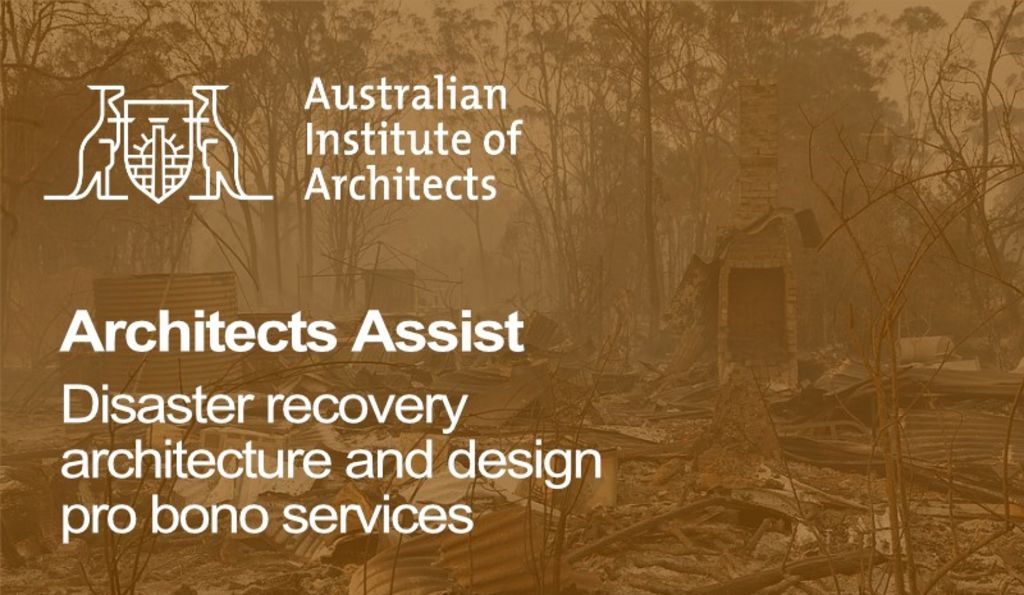
Canberra architects The Mill: Architecture and Design registered a few days after the website was established.
“It’s an unprecedented kind of event, people really want to help, and some people have helped financially,” said The Mill director Shannon Battisson.
“As a firm, we can’t give a large amount financially but what we can give is time. This will allow us to help people to get back on track.”
Cambage noted that the service will help those who are not insured or grossly under-insured.
“What we’re doing is preparing for the future, to be able to say, ‘This is here to support you’ and we will come into those communities as a group and help in any way,” she said.
The institute will also ask staff to donate a day’s salary to its own charity, The Foundation, which will support, foster and promote initiatives across the architectural landscape that benefit the Australian community.
“What we want to be able to do eventually, is not only provide those designs to rebuild pro bono but actually to fund the construction as well, which is an incredible step forward in being able to assist communities to rebuild,” Cambage said.
Battisson added that rebuilding communities will be a “long-term process”.
“People are still struggling and going through that trauma and as a community, we just need to be in the long-haul with them,” she said.
“While it might not be for six to 12 months until we see people reach out for help, we need to make sure we are in a position to give whatever help we can as a community when they are ready for it.”
We recommend
We thought you might like
States
Capital Cities
Capital Cities - Rentals
Popular Areas
Allhomes
More
